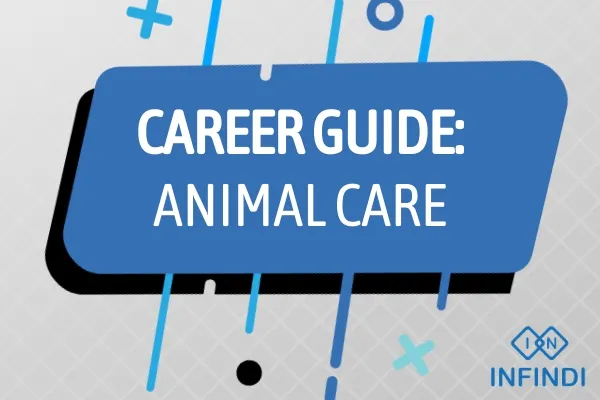For those with a deep love for animals and a desire to make a positive impact, animal care jobs provide a fulfilling and compassionate career path. Whether you’re an experienced animal care professional or someone exploring entry-level opportunities, understanding the intricacies of animal care roles is essential. This article aims to provide a comprehensive guide to animal care jobs, addressing duties, salary expectations, job descriptions, skills, qualifications, education and training requirements, experience prerequisites, frequently asked questions, and daily tasks.
1. Duties and Responsibilities
Animal care professionals play a crucial role in ensuring the well-being and health of animals under their care. Common duties and responsibilities include:
- Feeding and Nutrition: Providing proper nutrition and feeding schedules for animals.
- Medical Care: Administering medications and ensuring veterinary care when needed.
- Exercise and Enrichment: Designing and implementing activities to keep animals physically and mentally stimulated.
- Cleaning and Maintenance: Maintaining clean and safe living environments for animals.
- Observation: Monitoring behavior and health conditions, identifying signs of distress or illness.
2. Salary Expectations
The salary for animal care jobs can vary based on factors such as experience, industry, and location. Entry-level positions may start at around $30,000 annually, while experienced animal care professionals in managerial roles can earn over $50,000. Industries like veterinary clinics, animal shelters, and research institutions tend to offer competitive salaries.
3. Possible Job Descriptions
Animal care roles encompass various positions, each contributing to the welfare of animals:
- Animal Care Technician: Providing hands-on care, including feeding, grooming, and monitoring health.
- Veterinary Assistant: Assisting veterinarians with medical procedures and examinations.
- Animal Shelter Manager: Overseeing the operations of animal shelters, including adoptions and care protocols.
- Zookeeper: Managing the well-being of animals in zoos, including habitat design and enrichment activities.
- Pet Sitter/Dog Walker: Providing care and companionship for pets in their owners’ absence.
4. Skills and Qualifications
Successful animal care professionals possess a combination of empathy, practical skills, and knowledge. Key skills include:
- Compassion: Genuine care and concern for the well-being of animals.
- Physical Fitness: Ability to handle and restrain animals of various sizes and species.
- Attention to Detail: Observing and noting changes in behavior or health.
- Communication: Effectively communicating with pet owners, colleagues, and veterinarians.
- Knowledge of Animal Behavior: Understanding the behavior and needs of different species.
5. Education and Training Requirements
While formal education in animal science, veterinary technology, or a related field is beneficial, hands-on experience and certifications can be equally valuable. Many positions in animal care require a high school diploma or equivalent, with on-the-job training provided.
6. Experience Requirements
Entry-level positions in animal care often welcome individuals with a genuine love for animals, even without extensive experience. However, specialized roles or positions in management may require additional years of relevant experience.
7. Frequently Asked Questions
Q: Can I work with animals if I have allergies?
A: Some positions may be suitable, but it’s important to consider potential challenges and take precautions if you have allergies.
Q: Are there opportunities for remote work in animal care?
A: Remote work is uncommon in direct animal care roles, but there may be remote opportunities in related fields such as animal research or education.
Q: What is the job outlook for animal care professionals?
A: The demand for animal care professionals is generally stable, with opportunities in veterinary clinics, shelters, zoos, and research institutions.
8. Daily Tasks and To-Do Lists
The daily tasks of an animal care professional can vary based on their specific role, but a typical to-do list may include:
- Feeding and providing water to animals.
- Cleaning and maintaining living spaces.
- Administering medications or treatments as prescribed.
- Conducting health check-ups and reporting any concerns.
- Engaging in play and enrichment activities with animals.
In conclusion, a career in animal care offers a unique and rewarding opportunity to make a positive impact on the lives of animals. Whether you’re a dedicated animal lover or someone looking to transition into this field, understanding the duties, qualifications, and daily tasks associated with animal care roles will pave the way for a fulfilling and compassionate career. Explore opportunities, showcase your love for animals, and embark on a journey of making a meaningful difference in the lives of our furry friends.

